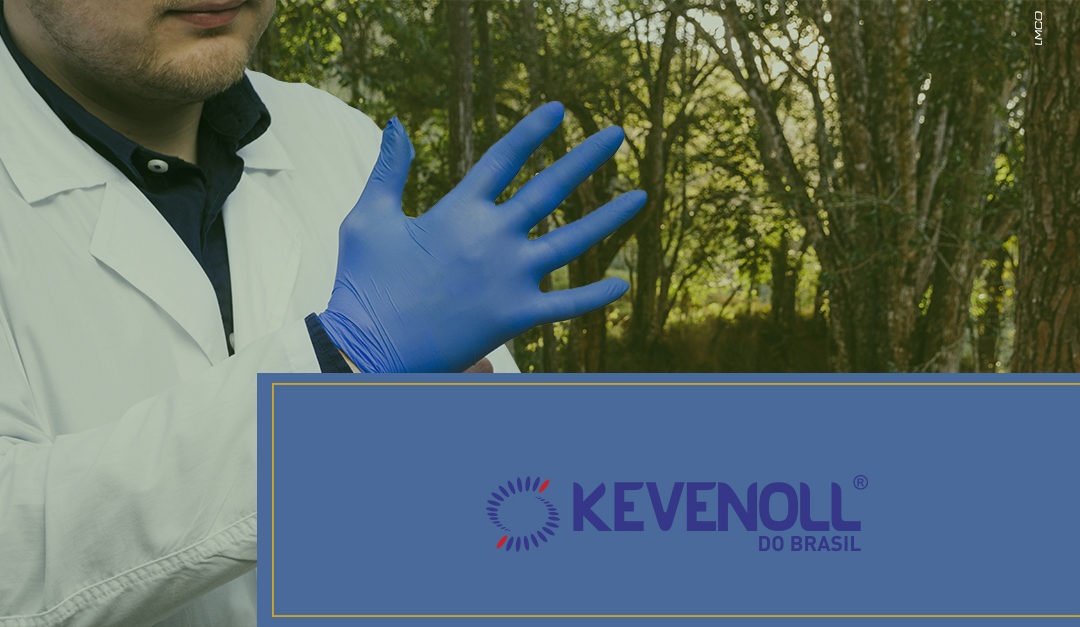The concern for the environment is a theme that has been calling for more and more attention from all spheres of society. Working more sustainably and using resources with future generations in mind is a commitment that needs to be made by all sectors of industry, trade, and also by consumers.
But when it comes to procedure gloves, an indispensable item for the maintenance of public health, what to do to ensure care for nature without endangering the health of the patient and the professional?
Natural latex gloves are already considered biodegradable, and cause less impact to the environment. Natural latex is extracted in a totally natural way and encourages the growth and preservation of forests. Rubber is used in reforestation projects, and latex is obtained in a handmade way, which prevents pollution of nature.
Synthetic latex gloves are obtained from a totally industrial process. Synthetic latex uses oil as a raw material, which, despite being a natural resource, is not renewable and can take millions of years to decommin in nature. However, gloves such as nihilis mines are still considered less harmful to the environment, as they use less raw material in their manufacture.
Other materials, such as neoprene latex gloves, can be reused (if not contaminated, depending on the use made of them). In this case, with the reuse of uncontaminated neoprene gloves, a smaller amount will also be discarded causing fewer impacts on nature.
And, speaking of disposal: The disposal of gloves needs to be done correctly to avoid contamination of the environment. Incorrect disposal can cause serious damage to nature, laughing at human, plant and animal life.
Studies indicate that the presence of biological agents (blood, saliva, body secretions, tissues, etc.), present in gloves and other hospital materials, in contact with soil or water can even cause contamination of groundwater. This contamination can evolve by spreading diseases and causing, in extreme cases, an epidemic.
Remember that after using the procedure gloves are considered contaminant waste, in the same way as hospital waste. Disposal is regulated by ANVISA, and needs to be followed to the letter.
Always prioritize the use of certified products and ensure more security for your establishment and your employees.
Click and get to know Kevenoll products.
Learn how to properly dispose of contaminated gloves.
Natural or synthetic latex gloves? Understand the differences.

